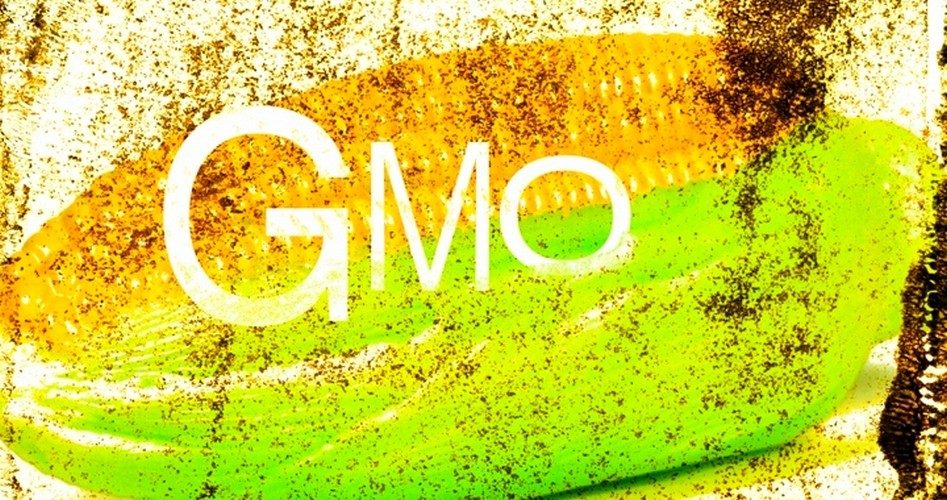
Besides ushering in the election of the 45th U.S. president, November ballots across the country will present other important choices. For example, Californians will vote on whether or not food labels must list ingredients made from genetically modified organisms.
Proposition 37, known as the “California Right to Know Genetically Engineered Food Act,” if passed, will make California the “first state in the nation to require that food manufacturers appropriately label all food — raw and processed — that contain ingredients made from genetically modified organisms (GMOs). That term refers to scientific procedures that have altered the genetic material in various organisms,” according to The Christian Science Monitor on August 20.
If the measure succeeds (similar labeling laws have failed in 19 states) it could mean nationwide changes, as other states are watching, especially in terms of things such as language clarification. The results in California are important. Jack Pitney, government professor at Claremont McKenna College in Claremont, California, said, “California is different because of its sheer size. If manufacturers change national labeling practices to conform to California law, the effects will show up on every grocery shelf in America.”
Proponents say consumers have a right to know what’s in their food, and this measure reflects only the latest battle in a nationwide trend toward food safety and purity. Increased media attention to issues such as raw milk safety and business practices of companies like Monsanto has heightened the debate.
Prop 37 supporters say labels currently contain nutrition and allergy information along with a list of ingredients, so it should be simple to add the inclusion of GMO ingredients. They maintain that these ingredients have not been proven safe, nor have long-term effects been determined.
The issue has sparked an expensive debate in the Golden State: Opponents — agribusiness and biotech companies — have reportedly spent $25 million to defeat the measure, claiming that it is full of politically motivated exemptions for special interests. Kathy Fairbanks, spokeswoman for “No on 37” says the measure “requires special labels on soy milk but exempts cow milk and dairy products, even though cows are fed genetically engineered grains,” adding that “The World Health Organization, National Academy of Sciences, FDA, USDA, 25 Nobel laureates, and many others support GE [genetically engineered] food safety.” She says of the more than 400 studies on genetically engineered crops done over recent decades, “none have found any ill effects from GE foods.”
Steven Schier, political scientist at Carlton College in Northfield, Minnesota, said, “The key variable for Proposition 37 is the spending on either side of the initiative. If voters don’t fully understand a measure, they tend to vote against it, so the ball is really in [the court of] Proposition 37’s proponents.”
The San Francisco Chronicle noted that proponents have spent only $2.7 million, and ads for both sides are expected to hit the airwaves around Labor Day. But given that this is a presidential election, increased voter turnout gives supporters more to work with.
Some flaws in the language of the initiative have growers and manufacturers concerned, as some foods could not be labeled as natural even though they contain no GE ingredients.
A website, “Yes on 37” has been set up to inform voters on the issue.



